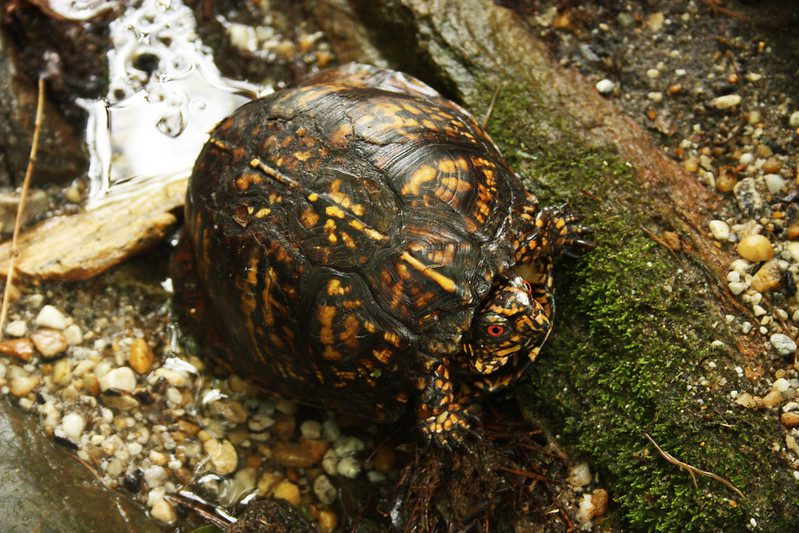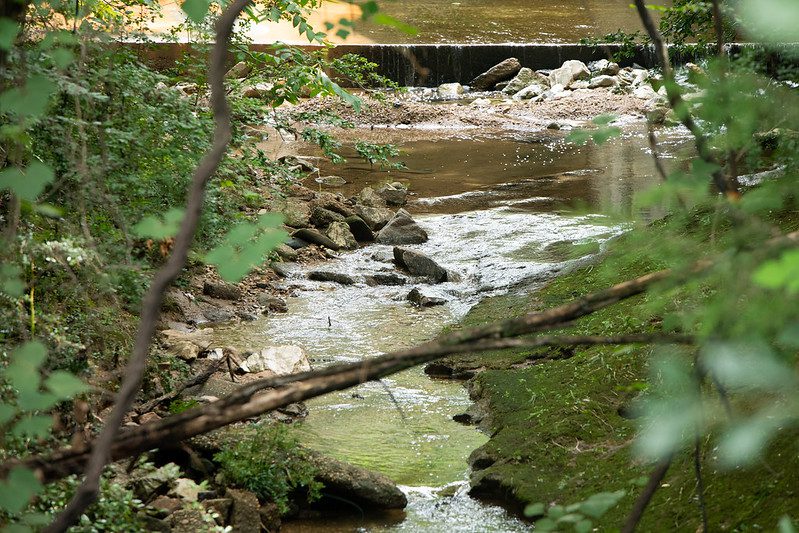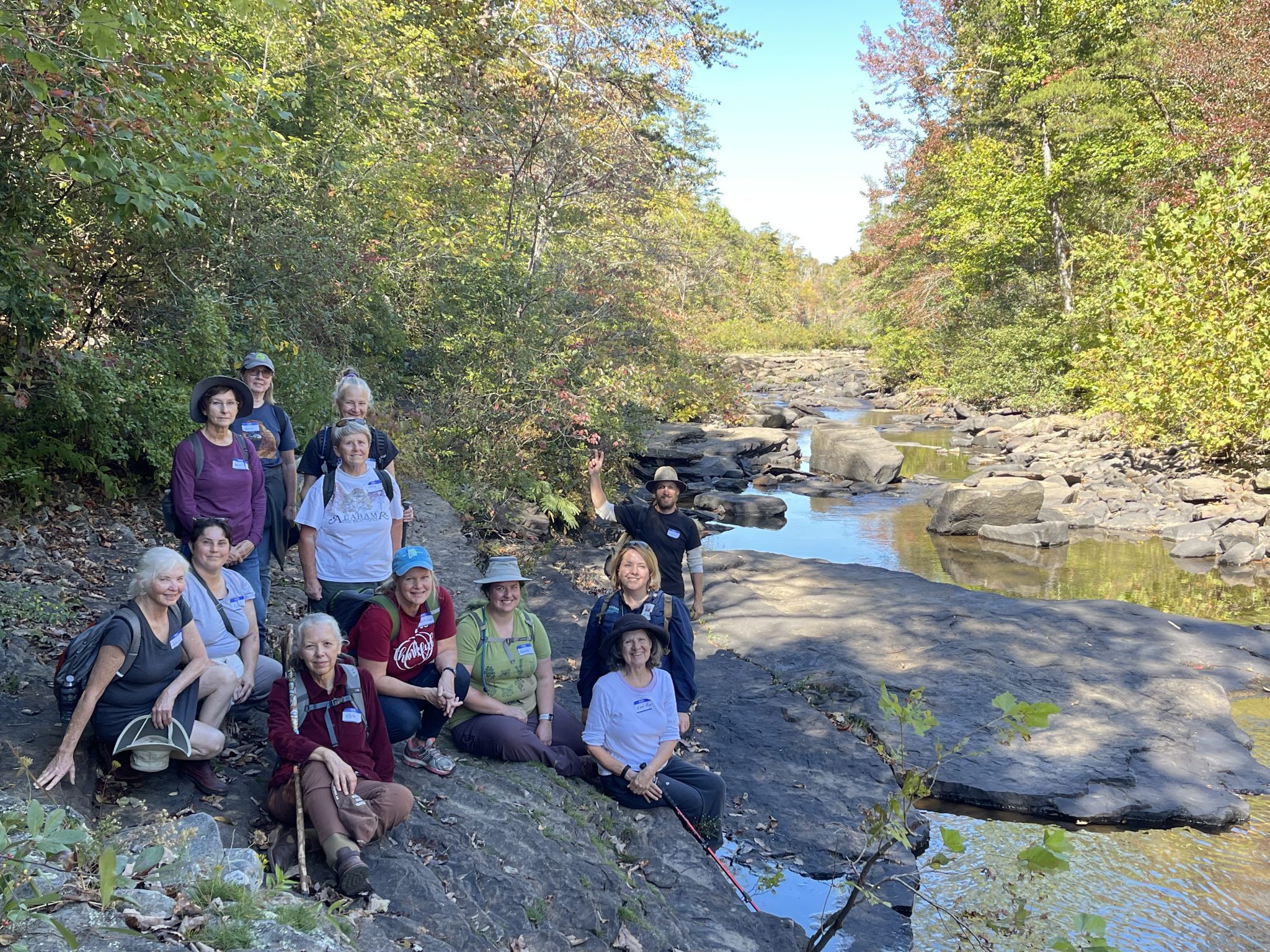Forestry & Wildlife

AUBURN UNIVERSITY, Ala. — Since its relaunch in October 2023, the Alabama Master Naturalist program has quickly grown, now with more than 400 members. Conducted through the Alabama Cooperative Extension System, the program’s primary goals are to teach Alabamians about the state’s natural world and encourage greater involvement in conservation-related volunteerism.
“I chose to participate in the Alabama Master Naturalist program because it gives me the opportunity to learn more about Alabama’s natural environment, as well as meet and network with other people who have similar interests,” said Tim Gels, a program participant. “Though I’m already an active volunteer in my community, I appreciate that component of the program as well.”
Becoming a Master Naturalist
 Alabama Master Naturalist is open to both full-time and part-time residents 18 years and older. To become certified, participants must complete an online course, which includes 22 modules that cover a range of topics. These topics include ecological concepts, geology, soil science, forest ecology, mammalogy and interpretation skills.
Alabama Master Naturalist is open to both full-time and part-time residents 18 years and older. To become certified, participants must complete an online course, which includes 22 modules that cover a range of topics. These topics include ecological concepts, geology, soil science, forest ecology, mammalogy and interpretation skills.
“The Alabama Master Naturalist program seeks to be much more than a certification course,” said Wesley Anderson, an Alabama Extension at Auburn University forestry, wildlife and natural resources specialist. “Our ultimate goal is to help create communities around the state made up of program-trained, conservation-minded individuals who not only teach others what they know but also engage in volunteer work to make Alabama a better place for both us and for the environment.”
The program’s curriculum introduces learners to the many facets of Alabama’s natural world and fosters stronger environmental stewardship. Coursework is supplemented by readings from “A Sand County Almanac” by Aldo Leopold and “Southern Wonder” by R. Scot Duncan. Participants also complete a quiz after each module to reinforce the lecture content and readings.
In addition to the online component, individuals must attend two, in-person field days. These immersive, full-day experiences are hosted in partnership with organizations such as Alabama State Parks, Jefferson County Greenways and the Land Trust of North Alabama. Each field day offers a unique opportunity to explore the state’s diverse ecosystems and learn directly in nature.
Volunteer Work
 Participants also have to log 30 hours of conservation-focused volunteer work. While the program does not directly provide most of these opportunities, it connects participants with natural resource organizations across Alabama. The program is flexible in how participants can earn hours as long as the work supports conservation efforts in Alabama. This includes individual citizen-science projects at home. New partnerships with local conservation groups have expanded the program’s reach and provided more hands-on experiences for participants.
Participants also have to log 30 hours of conservation-focused volunteer work. While the program does not directly provide most of these opportunities, it connects participants with natural resource organizations across Alabama. The program is flexible in how participants can earn hours as long as the work supports conservation efforts in Alabama. This includes individual citizen-science projects at home. New partnerships with local conservation groups have expanded the program’s reach and provided more hands-on experiences for participants.
As the Alabama Master Naturalist coordinator, Anderson said building a network of people who care about and contribute to Alabama’s natural resources is vital to the program’s success.
“What we are trying to do is build communities of like-minded people around the state to better impact conservation work here in Alabama,” Anderson said.
Reflecting on his experience, Gels said he recommends the program to anyone wanting to grow as a naturalist in Alabama.
“I’m a stronger naturalist and in a better position to share about the natural world of Alabama because of their efforts,” Gels said.
More Information
For more information on Alabama Master Naturalist, visit aces.edu/go/4142 or contact Anderson at wma0016@auburn.edu.

